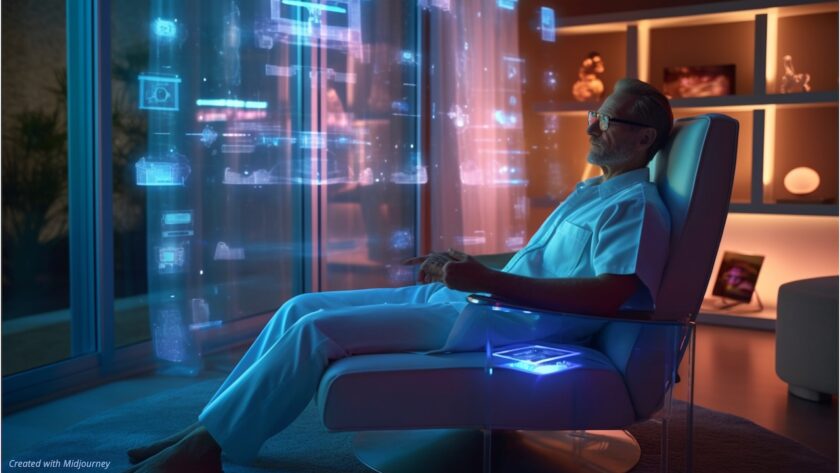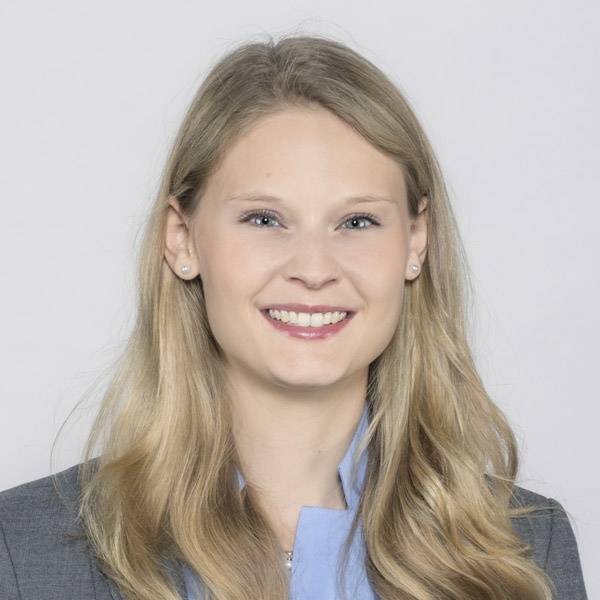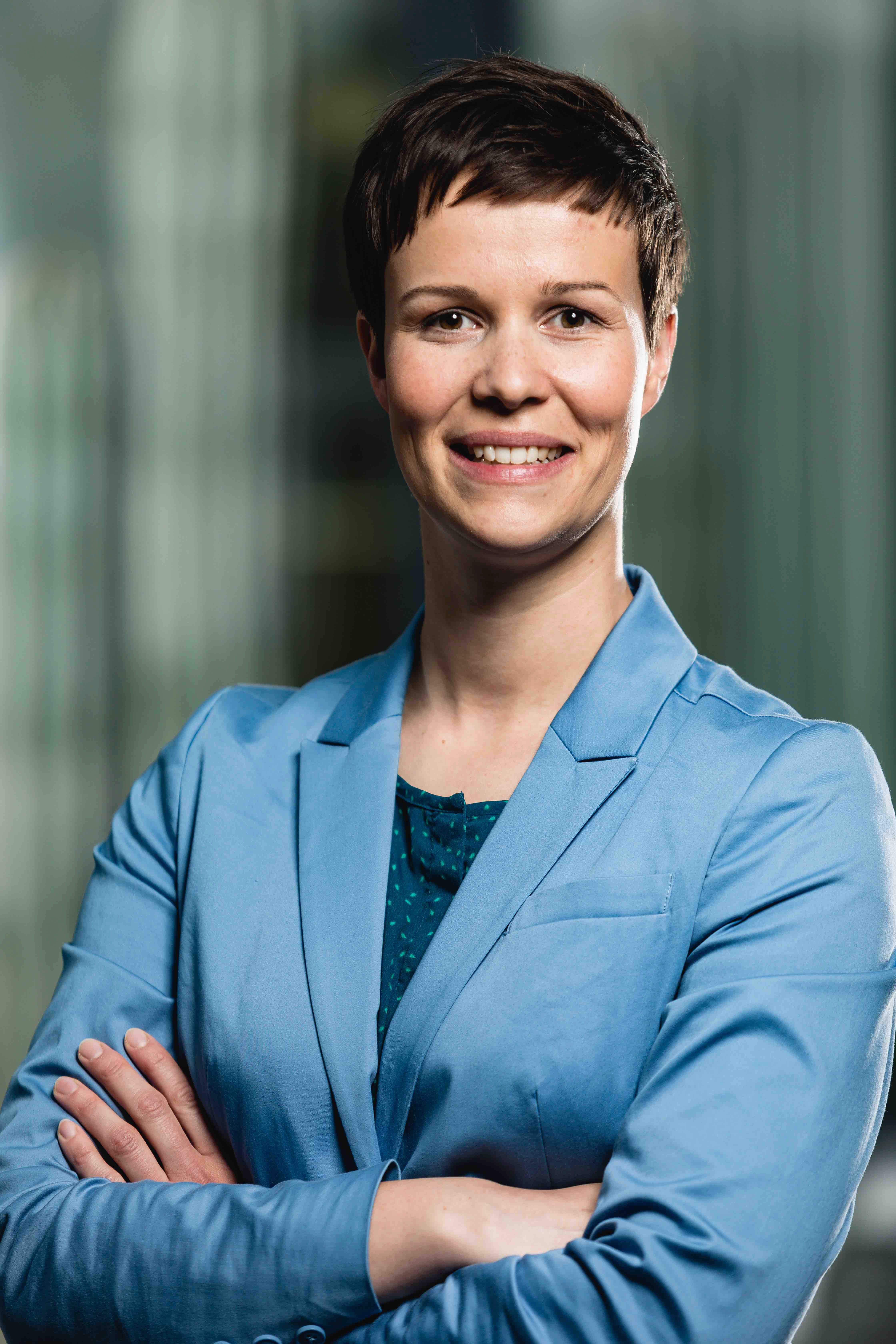An Interactive Future Thinking Workshop at Heidelberg University Hospital
In a rapidly changing healthcare landscape, medical practitioners must be prepared to adapt and innovate. This blog post showcases how a one-day Future Thinking workshop was applied in the master’s study programme “Health Services Research and Implementation Science” at Heidelberg University Hospital to help students tackle organizational development and change processes within the healthcare sector. The goal was to challenge traditional thinking patterns and use creative methods to strategically identify changes and help organizations adapt early.
Discovering the Power of Future Thinking with the Scenario Sprint Methodology
The Scenario Sprint approach is an efficient and collaborative method perfect for today’s fast-paced world. In contrast to time-consuming and costly traditional scenario planning, a Scenario Sprint provides a more agile and streamlined process for exploring potential futures and their implications for an organization.
Ellen, one participant of the workshop, shared her experience regarding the approach: “I found the way of proceeding as well as the different perspectives and views on the same problem very exciting.”
Applying the Scenario Sprint Approach in a One-Day Workshop for Outpatient Care
During the workshop, students worked in teams of 4-6 people, focusing on outpatient care from various perspectives. They discussed relevant uncertainties and trends, selected six trends, and combined the outcomes of two uncertainties to create four scenarios. Each scenario was explored with future-focused questions.
For instance, a team developed two scenarios: “Digital Paradise“ – where efficient digital processes allowed the medical team to spend more time with patients, and “Digital Gambling“ – where unequal benefits from digitization led to an increased care gap.
Franziska, another participant of the workshop, expressed her surprise at the outcome: “[I was surprised] how the individual steps came together like a jigsaw puzzle to form an overall concept (which still made sense).”
Developing Future-Proof Strategies and New Ideas for Outpatient Care
The workshop went beyond scenario building by allowing participants to develop strategic elements and innovative ideas for outpatient care. They analyzed the impact of different scenarios, created a vision statement for a “Practice of the Future“, and developed scenario-inspired ideas for realizing that vision.
By the end of the workshop, teams presented their scenarios, insights, and ideas for developing future-proof strategies. One of the students provided feedback: “Overall, I enjoyed the workshop very much, it was very exciting to get an insight into the creation of future scenarios and to think about the healthcare system of the future against the background of my own profession.”
The responsible organizer of the master module, Aline Weis, concluded: “As the person responsible for the module, I am always keen to get students excited about healthcare and the developments that shape it. With the help of the scenario workshop, I believe we have succeeded in conveying new perspectives and in this way awakening interest in the diverse processes of change and their impact on healthcare. I hope that this will also contribute to the students being even more motivated to start their professional lives after graduation and to help shape the health care of tomorrow and change it for the better.”
______________________________
About the authors:
Dr. Aline Weis previously worked as a researcher and lecturer in primary care and health services research with a focus on digitalization in healthcare, cross-sectoral collaboration and organizational change. In her current job she is working the field of knowledge transfer and innovation scouting at hei_INNOVATION, the transfer agency at Heidelberg University.
Eva-Maria Markutzik is a Senior Innovation Consultant at the Heidelberg-based team of SOMMERRUST. She works with various organizations in co-creative innovation projects. During her former positions at the Biotech-Cluster Rhine-Neckar, BioMed X and EIT Health, she gained strong expertise in the healthcare sector. Since 2013 Eva has been teaching at Heidelberg University sparking enthusiasm about innovation and entrepreneurship among students.
Header image created with Midjourney




